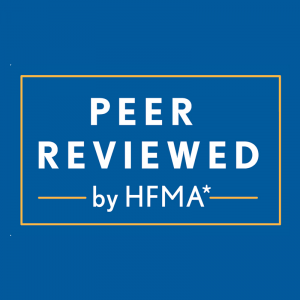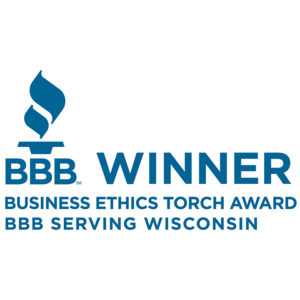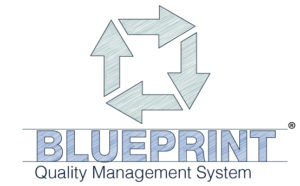Should health care providers be concerned about consumer protection regulations? Of course. Health care providers, like the rest of us, are made up of consumers. And health care providers who place accounts for collection do care how their patients are treated by a collection agency, whether the agency is engaged in first party or third party collections. In addition, various state laws may come into play when a health care provider collects its own debt and federal laws like the Fair Debt Collection Practices Act may apply if the health care provider uses a name other than its own to collect its accounts. Other federal regulations concerning the write off of Medicare accounts touch on collection activity to a certain extent. Finally, tax-exempt health care providers are aware that collection activity is indirectly affected by the Affordable Care Act and the proposed 501r provisions. Up to this point though, no federal regulations directly control the collection activity of a health care provider collecting accounts in its own name.
Up to this point, but the landscape as changed. The Affordable Care Act was enacted, in part, as an attempt to address the issue of the uninsured. In addition, the financial meltdown beginning in 2007 gave rise to the Dodd – Frank Wall Street Reform and Consumer Protection Act (“Act”) in 2010. The Act was drafted to enhance oversight and control of financial institutions and designed to prevent future financial crises. The Act applies to, among others, those nonbank entities that are engaged in the business of providing financial products or services. So, on its face, the Act would not appear to apply to health care providers as health care providers are in the business of providing valuable services related to health care of consumers and health care is certainly not a financial product of service. Right?
Well, another aspect of the Act involved the creation of a government agency to oversee the laws associated with the Act. The Act created the Consumer Financial Protection Bureau (“CFPB”). The Act bestowed upon the CFPB the authority to supervise nonbank entities that are considered “larger participants” and draft regulations concerning all entities who are engaged in providing financial products or services. A collection agency, for example, is considered to be engaging in providing financial services. The CFPB’s rules relating to a larger participants are based on the receipts of the nonbank (basically how much money is generated annually). The CFPB by rule specifically excluded from receipts the receipts that result from the collection of debt that was originally owed to a medical provider. Based both on the Act and the rule it would appear that health care providers would not need to be concerned about the CFPB.
However, looking forward, based on what we know about medical debt and the CFPB, health care providers may need to consider possible oversight by the CFBP. Why? Where is the CFPB going? We do not know for sure, but we can see the dots and in attempting to connect them, we can guess at what may cause the CFPB to act.
First, we know and the CFPB knows that medical debt is a major source of debt in the United States. In addition, Richard Cordray, the Director of the CFPB, said in prepared remarks when the CFPB released one of several bulletins it has published regarding debt collection: “First-party collectors (those seeking to collect directly on debt they extended to a consumer) are generally not covered by [the Fair Debt Collection Practices Act]. Today’s bulletin makes clear, however, that these first-party collectors are subject to the general prohibition against unfair, deceptive, or abusive acts or practices in the Dodd-Frank Act, and many of the same kinds of restrictions may be applicable here too.” Notice that his statement referring to “first party collectors” refers to “debt they extended to consumers.” He’s not talking about the outsources of accounts; he’s talking about the creditor, the health care provider itself. The CFPB has also speculated that if “credit” is somehow extended in a medical transaction, that extension of credit may meet the definition of a financial service. Also, certain members of Congress are pushing various bills related to medical debt, including one requiring the removal of medical debt from a consumer’s credit report upon payment or satisfaction of the debt. In addition, the CFPB supervises aspects of credit reporting. We also know that the Affordable Care Act and the proposed 501r regulations deal directly with medical debt, including credit reporting and ceasing or suspending collection activity in certain instances. Finally, the CFPB takes seriously its charge that it is to watch over all things that may cause harm to consumers.
The CFPB can see the dots and the CFPB can try to connect them in such a way that health care providers may need to consider the ramifications related to possible oversight by the CFPB.
About State Collection Service, Inc.
Since 1949, State Collection Service has provided quality collection service to countless healthcare organizations.
Through experience and innovation, State Collection Service has grown to become a tremendously credible and nationally-recognized collection agency offering services from pre-registration to bad debt. It is upon the basis of ethical behavior and a dedication to integrity that each State Collection Service employee works to uphold the company’s vision – Partnerships for a Lifetime.
*This article first appeared in “A State Collection Service, Inc. Newsletter Volume 20, Issue 3, Third Quarter 2014”















